Hi listeners – this is a multitasking episode in which I record a podcast while doing something else at the same time. In this case I’m playing the classic computer game “Grand Theft Auto 5”. Listen to hear some general discussion of the game, descriptions of what’s happening while playing and some other bits and pieces. Transcripts & Vocabulary Extracts Available. Enjoy :)
![]() [DOWNLOAD]
[DOWNLOAD]
Introduction – Men can’t multitask, really?
Here’s another episode in which I talk to you and teach you some English while doing something else at the same time. It’s another multitasking episode. Last time I did this I was cooking dinner while recording the podcast. I’ve done others before in which I was either driving or just walking around somewhere and talking to you at the same time. I’m doing this again today because I hope it will be an interesting episode of the podcast, but also as some sort of ongoing mission to prove that men are in fact able to multitask, unlike the fairly commonly-held view that we actually are not able to do several things at the same time.
I do think men can multi-task, despite the fact that people often say that we can’t. Of course we’re capable of doing two things at the same time. Just think, for example, of David Beckham who must be an expert at multitasking, because not only does he have to play football really well, but he has to look handsome while he’s doing it! Or consider Liam Neeson in the film “Taken” who has to punch people’s teeth down their throat with the edge of his hand, and be a good father at the same time. So, it’s clearly possible.
To be honest, I think that this myth of men not being able to multitask probably comes from the fact that there is one situation in which we definitely can’t do it, and that’s when we try to complete a task while also listening to a wife or girlfriend.
Because when your wife is talking to you, you have to stop everything and focus! We can’t multitask in that situation because if you’re not concentrating and you miss something then it will come back to you later, when she remembers and you forget and then you’re in trouble!
So, “men can’t mulitask” and “men don’t listen” are closely linked to each other I think. It’s not that we can’t multitask, it’s just that listening to you is already a kind of multitasking – because not only do we have to understand what you’re saying, we also have to identify important bits of information which might get dropped into the conversation – clues about what you want for your birthday, indications about how you feel about certain people, basically – anything that could go into the “I told you” category. The “I told you” category is obviously a category of information that your wife or girlfriend has told you, but for which you have absolutely no memory. It could be, for example, like this:
“I’m going to the football tonight babe, ok?”
“But it’s our half anniversary tonight”
“What?”
“It’s our half anniversary”
“Half anniversary for which day? When we met or, when we…?!
“Babe! I told you!”
Now, this might be followed by “You never listen to me”.
For example,
“It’s our half anniversary of six months since our previous anniversary – I told you!”
“Umm, no you didn’t.”
“Yes, I did – you never listen to me!”
“…Sorry, what did you say? I wasn’t listening…”
So, it’s important to listen to your partner to prevent this kind of thing. Which is why women think men can’t multitask. We just can’t listen to you, and do something else at the same time.
For example, you’re doing the shopping, trying to buy the right food so you can prove that you’re able to buy the right food.
Your girlfriend calls you, and you answer the phone because you love her.
She then starts talking to you about nothing in particular.
Stop shopping. Just stop.
Stop what you’re doing.
Put that grapefruit down and listen.
This might seem like a meaningless conversation.
She might just be calling you because she’s finished work and she likes to call you as she’s walking to the bus stop.
She might be speaking to you while buying some bread in the bakery, or even while speaking to a colleague in the street.
But you still have to concentrate on every word she says, or you might miss fluffy the cat’s birthday or something and then you’ll be in trouble.
Because if you continue shopping, and try to make fresh fruit choices while talking to her – either you’ll miss something vital or you’ll seem distant and not fully involved in the conversation and she’ll say “What are you doing?” and you’ll have to say, “I’m buying some grapefruits – you know the pink ones you like” and she’ll say “Can’t you do that and listen to me too?”
NO. Actually.
No I can’t.
And now men can’t multitask.
David Beckham can’t buy fruit and talk to Victoria about the kids at the same time. Neither can Messi or Ronaldo or any of those other over-paid multitaskers.
Even RAF fighter pilots who are the best multitaskers in the world, are probably standing in supermarkets right now not doing anything, on the phone to their wives, because they love them.
So anyway, maybe men can multitask, maybe they can’t. Maybe we’ll find out in this episode.
This could be a series, perhaps called the multitasking series
Last time I cooked a chicken dinner and taught you some words for cooking. That was quite popular and I had a few comments from listeners about it, and even a couple of suggestions for other episodes I could do. For example I had a message from Ethan Lee from South Korea who said on Twitter, “I enjoyed the cooking episode a lot. Why don’t u try another thing like house cleaning? Looking fwd to it! Cheers!”
OK, so now I’m getting requests to do the housework on Twitter as well as at home. Only kidding…
That would be great Ethan because I’d be able to teach you all the language we use for cleaning, like “rub, wipe, rinse” etc – but the only problem is, I’d actually have to do some cleaning, and… I hate doing the housework, but then again maybe that could be a really good way of getting things done – just making mundane acts of housework into episodes of my podcast. There are so many possibilities for new episodes! Luke does the ironing while talking about clothes and fabrics (while trying not to burn the clothes – my wife told me to say that), Luke cleans the windows while teaching you some phrases about glass. Luke builds some IKEA furniture while teaching you some of the most commonly used swear words in the most authentic way possible. So many ideas…
Well, this time, rather than doing the housework, or doing something else useful, I’m playing a game on my new PLayStation 3. I’m going to play Grand Theft Auto 5, and while I’m playing I’m going to just describe everything I’m doing in the game, and also just ramble on about the whole GTA phenomenon (and it is a phenomenon – the series has made over 220 million dollars worldwide, which is quite a lot of money – I think it’s officially a lot of money), and anything else that occurs to me during the episode.
So, in terms of language teaching in this episode
I’ll just see what comes up while I’m playing – you know, I’m just going to kick back and see what happens (really cool English teacher character – yeah, we’ve got no agenda today, so close your book – let’s just stick on GTA5 and see what language stuff happens… yeah, chill out, no homework today – just a DVD…) but I will aim to explain and highlight certain expressions in English as I talk to you.
I expect the language that you’re going to hear in this one will fall into these categories
– General vocabulary for playing a game, with verbs such as ‘start up’, ‘plug in’, ‘unplug’ and so on
– Phrases for describing what is happening, so that means vocabulary of movement, phrases for navigating around the city, travelling, describing dramatic action, accidents, violence, explosions, shootings, murder – just the usual things that happen in a normal game of GTA5
– Exclamations of surprise, shock, anger, tension (yes, there may be some swearing)
– Ways of describing the gaming experience, such as the emotions and feelings you experience while doing it
– Ways of commenting on the game as a cultural phenomenon – so, some fancy language for discussing how games fit into society, and the usual arguments about violent computer games like this
I have done a full episode on computer games before in which I go through a history of gaming and discuss some of the issues around the subject. Click here to check that out.
The microphone should pic up some background noise while I’m doing this, which I hope should provide some context.
So, let’s go!
Things to say
– Explain the point of the game for people who have never played it.
What type of game is it?
What’s the objective?
What’s the story?
What do you actually do?
How does it work?
– It’s many things – a kind of pulp gangster movie, a sandbox game, a collection of mini-games, an online playground, a very controversial franchise and a work of social satire
– The history of the GTA franchise
It’s a British game!
Originally created by DMA Design – a games company based in Edinburgh Scotland!
DMA created Lemmings and some other games like Uniracers and Body Harvest before creating GTA for the PC and PlayStation consoles. DMA was bought by Rockstar Games – another British company based in London. Later Rockstar games was bought by Take-Two games, based in NYC. So, GTA is a British/American production. The games have all been developed by British game developers, and marketed by American companies.
GTA – 1997
GTA London 1999
GTA 2 1999
DMA became Rockstar North when it was acquired by London company Rockstar Games
GTA 3 2001
GTA – Vice City 2002
GTA – San Andreas 2004
Various GTA games for handheld franchises
GTA 4 2008
GTA 5 2013
– Controversy
According to The Guinness World Records 2008 and 2009 Gamer’s Edition, it is the most controversial video game series in history, with over 4,000 articles published about it, which include accusations of glamorising violence, corrupting gamers, and connection to real life crimes.
– The violence in the game. Is it ok? Or is there something wrong with this?
– The satirical elements of the game
– Some fun things to do while playing
* escaping from the cops
* causing total mayhem
* blowing things up
* driving through the hills
* stealing different vehicles
* skydiving
* going up Mount Chiliad
* diving in the sea
* setting challenges for your friends
* starting a gang war
– How it feels to play it for an extended period of time
– What might happen with the GTA franchise in the future (combining this with google maps, Oculous Rift, social networking, bitcoins – we could have a fully immersive, virtual reality earth in which we go round doing whatever we want, with no consequence – a world that has its own currency, but which has almost no boundaries)

Extracts with Vocabulary For This Episode (Thanks to Jack from the comment section)
They are read out by professional actors.
So why not instead of reading your next book; choose to kick back put your headphones on and let some professional actor read the story to you.
……so essentially it’s a free audio book for you.
Now lets get down to this new episode and here we go !
The microphone sound might be a bit different today because I’m using a different arrangement.
…….unlike the commonly held view that we are actually not able to do several things at the same time.
…..not only does he have to play football really well…..
Or consider liam neeson in the film taken who has to punch people’s teeth down their throat with the edge of his hand and also be a good father at the same time.
Myth
……important bits of information which might get subtly dropped into the conversation……
You are doing the shopping…..
Put that grapefruit down and listen.
If you try to make fresh fruit choices…..
Vital
I’m buying some grapefruits.
Over-paid multitaskers
Even a couple of suggestions for other eoisodes that I could do.
Housework
Rub
Wipe
Rinse
Just making mundane acts of housework into episodes of my podcast….
Iron
Luke builds some IKEA furniture while teaching you some commonly used swear words.
It might be the best game ever created.
The GTA phenomenon
It’s one of the biggest entertainment franchises in the world.
I’ll kind of give you a running commentary…
I’m going to kick back and see what happens.
We’ve got no agenda in the lesson today so close your books let’s just stick on GTA 5 and see what kind of language stuff happens. Chill out no home work today.
……exclamations of surprise or shock or anger…….
I might just spontaneously come out with some swearing.
Pedestrians
I have the microphone resting on the coffee table in front of me and I also have my laptop on the table too so when I type on the laptop you can hear the vibrations coming through the microphone.
The microphone should pick up some background noise while I’m doing this.
……if I tap the table or bump into something (I hope) that that doesn’t disturb you much.
I do hope that the background noise should provide some context to what’s going on in the game as I play it.
I just don’t have the facility to record this.
……stick it in your computer…..
Get a video camera and point it at the TV.
Just make sure my TV is turned on.
OK! Get a grip Luke! Stop dropping the microphone.
I’ve just started up my PlayStation
I’m now going to hit the x button on my gamepad.
That’s just a sound in the background for one of the kind of idents for rockstar games.
To skip through something
Or you have had some experience with this game.
Large open world sand box game.
Usually you start out as low-level crook.
Each one has its own narrative.
Heists
Shoot your way out of the bank
Extravagant way.
……you load up GTA 5
…..follow different missions as part if the narrative of the game.
Ex-gangster
Ex-mafia
Family man
Witness protection
He’s going through therapy
Dragged back into the criminal underworld.
Ghetto
Repossess vehicles
Repo man
He joins up with Michael.
Franklin learns the ropes from Michael.
He’s completely unpredictable.
For 10 years Trevor has thought that Michael is dead.
Trevor lives in the sticks. (Country side)
Trailor park.
Extortion
And to work out what’s going on
I’m not sure how far into the game I’m.
He lives in a nice big mansion in the foothills of Hollywood.
A replica of Hollywood
Based on Los Angeles
You get the downtown areas of los Angeles you get upmarket areas of Beverly hills.
Districts
…….names of celebrities engraved in the ground.
Wilderness
A living breathing city
…..going about their general business.
……all sorts of people just milling around…..
I’ve just got into Michael’s car.
I’m going to switch off the radio so that there is less distraction…..
You can hear general street noises, the engine as it’s driving along.
The sun is just going down.
The level of light changes
Woops! I just crashed into a BMW.
I’m in the middle of setting up a mission.
Trying not to crash into too many people.
I’m going to create some mayhem…..
You can hear the tyres screeching
The skidding sounds of the tyres
I just ran into a pedestrian
Commit some kind of crime.
…. shooting someone from within the car.
Lawsuits
Arguments about this game.
You might have strong feelings about that.
It is horribly violent
The game is very tongue-in-cheek.
Disposability of modern American culture.
Satire
I’m a law-abiding citizen in the real world.
It doesn’t mean we are sick and twisted.
Creative and wholesome
To create music
Grow crops
There are games that are all nice and fluffy…..
Wholesome values
Blow up cars
Drive your motorbike off the bridge.
I’ve dealt with the ethical stuff.
Simulation
The brain is designed with many different sorts of electrical frame works.
It basically operates like a human would operate.
When does AI cease to be an object and when does it start to become a person in its own right….
Interesting philosophical situation
The violence is so colourful; disgusting.
Having very up close and personal fights with the enemy.
Comical
I happen to driving at the moment some dodgy car.
An estate car
Boot
Hatchback
Attract the attention of the police
The police will start to follow you…..
Some police will be searching for you
Helicopters with machine guns
Swat teams with guys wearing armour….
Military
Jeeps
Armed tanks to come and get you down.
If you bump into a police car; they will then chase you down and hunt you down and kill you.
Traffic violations
Over the top
Gun friendly states in the USA
Over reacting
They will be driving after you
Drive after you shooting you with machine guns.
I’m fed up with this family car
I just shot him down in cold blood. That was mean and violent.
I’ll shoot the police car
I’ll go on a rampage
I’m going to shoot up some cars here.
I just shot up a car
They have knocked the bloody door off ! (You are not supposed to knock the bloody doors off of a Jaaaaag. Stupid traffic!)
The Jaguar has been ripped off by an ambulance.
Drive up into the hills
They will now aggressively hunt me down.
They are pretty full on!
They set up police road blocks for you
They put down stingers down on the ground
If you drive over the stingers then the tires on your cars will burst and it will be much harder to drive away.
I’ve just driven off a cliff; luckily I’ve landed on my wheels.
I’ve got helicopter in the sky which is also following me.
To escape from the police
I’m going to get shot.
Driving across the grass in the hills.
The police can’t follow me – They stick to the roads.
The police have lost me.
I’m going to lose the police.
I’m over the top of this hill; the landscape.
It’s a very misty morning
Haze
Silhouettes of the mountains
Stunts
I’m crashing my car down the mountain.
The dynamics in the are amazing.
Physics
The damage mechanics are amazing.
Collisions
The car gets dented.
The windows smash
The doors can fall off
The bumpers can fall off
That is messed up
Could you give me a lift home? I don’t want to walk home on my own.
She is just staying off Signora road
You can pick up people in taxis
Across the hills
It’s pretty weird and humorous.
Social satire
Narsicisst
It’s basically a big piss-take on modern consumer culture
American consumerism
Celebrity culture.
She didn’t seemed to be bothered.
It is a modern phenomenon in popular culture.
Give you a little account to the history of Grand Theft Auto.
DMA designed lemmings.
Unicycle
Original forerunner to the 3D version of Grand Theft Auto.
Police chase videos.
Quite dramatic chases as you see from above.
Sick humour
….. young people feel disenfranchised and powerful and they seek to express themselves by using guns…..
It’s very convenient to point the finger at computer games……
Although saying that maybe there are some individuals who are not very stable…..
Cathartic experience.
Afterwards you feel exhilarated
It put you in London in 1969
They really have their finger on the pulse of modern culture.
We are going to skip through some radio stations
Reggie music station
Cycle through music stations.
Soul music
Rock music
Punk music
RnB gangsta music
Country music and rockabilly
Hip Hop
Turn the volume down on the TV so that it doesn’t disturb us too much.
…….they brought out GTA 2.
……. they had a very ambitious approach to GTA 3.
They really wanted to push it into overdrive.
Some GTA games were brought out for the hand held franchise.
And in 2008 GTA 4 came out which was like another big step because it became a lot more nuanced.
It’s a sprawling gaming world.
……which include accusations of glamorizing violence…..
I don’t like when people give me the finger.
I’m going to have to go closer in order to gun this guy down…..
I’ve got three stars on me; I think it’s time to run away from the police
…. You have got to escape by driving into the tunnel.
I’ve a rocket launcher in my arsenal. In my arsenal.
Arsenal ( collection of weapons)
Police have set up a road block for me.
I got shot in the back by a cop…..
Shit! I have been talking for an hour and twenty seven minutes! That is insane! I had no idea that it had gone on for this long.
I have got the rocket launcher. I’ve pulled it out of my arsenal.
The car that was behind me ran me over.
Heinous acts of ultra violence on the streets of Los Santos.
I’m going to equip my machine gun.
Let’s wait for the cavalry to arrive.
I’m going to drive away as quick as possible.
They chase after you and they try to shoot out your tires.
I’ve crashed into the wall
The front part of my car has fallen off
I’m determined to do it even though I have got only 3 tyres.
There’s a swarm of police on my tail.
You can hear the scraping sound. (Wheel arch hitting the ground)
Mountain lions
I’m going to make a run for it.
I’ve hot wired the car.
I’m driving through the winding country roads…….
Just did a huge jump off the mountain.
Train tracks
I’m going to use the map to find the nearest train tracks.
I can drive the train track into the tunnel………
The car is in terrible condition. It has rolled down the mountain several times.
I need to drive over this hill and then I’ll be able to access train tracks.
A big lump of my car just fell off.
Can you hear some dramatic music?
Just at the mouth of the tunnel I’m going to get out.
I’m now on foot.
I’m going to go out by being run down by a moving train.
I got run over by the train – I think that is a fitting end to this podcast.
I have just walked out of the hospital. Apparently they managed to fix me up.
Thanks Jack!


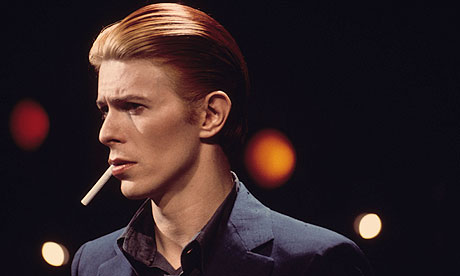




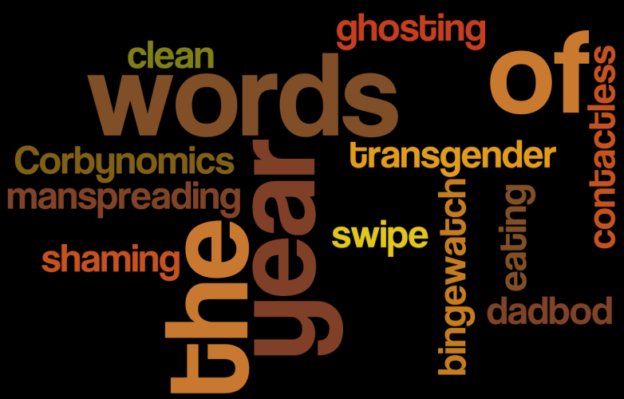
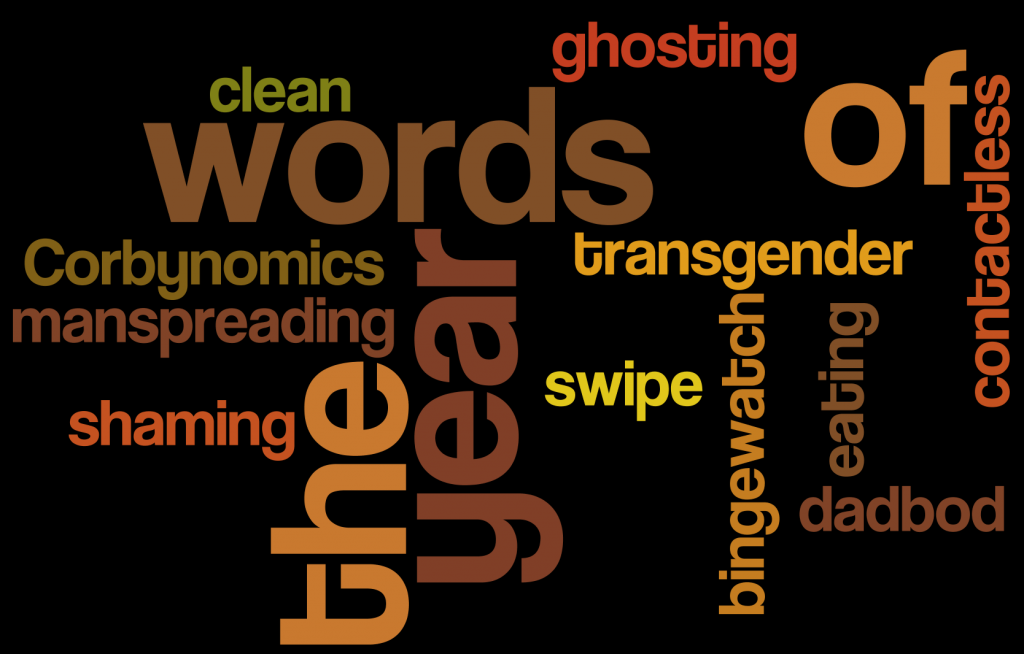
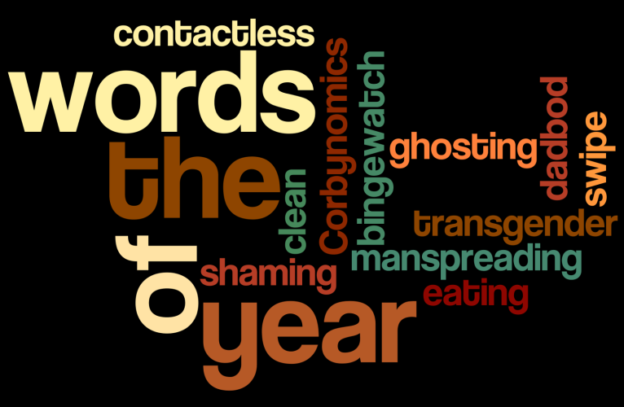
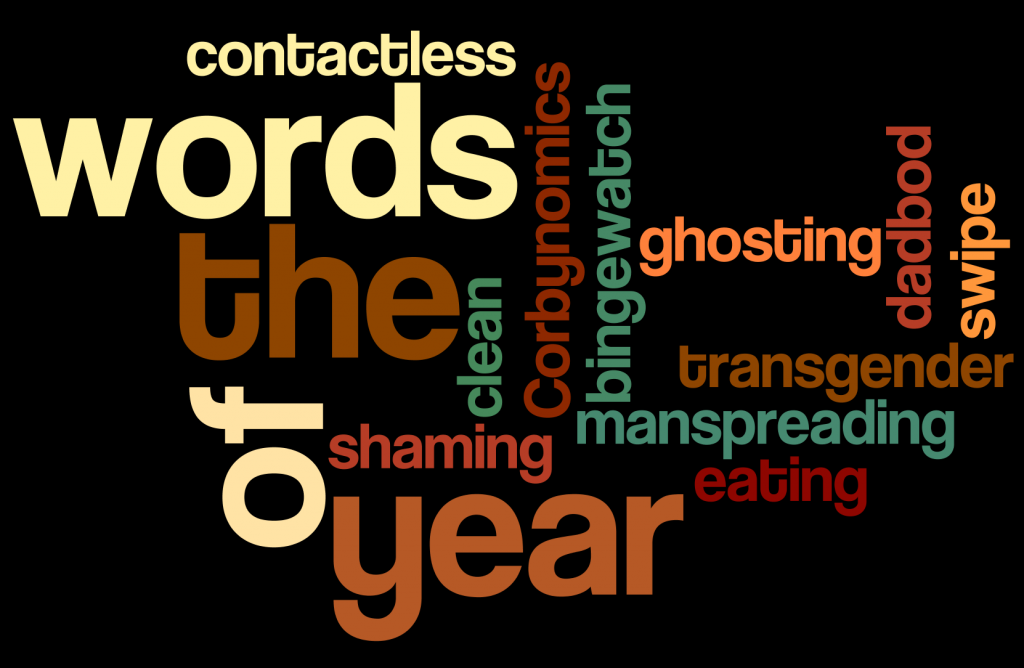


 The Instances of 300 Throughout History
The Instances of 300 Throughout History










































